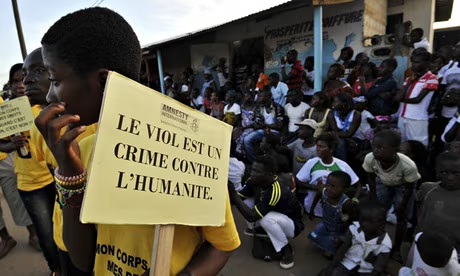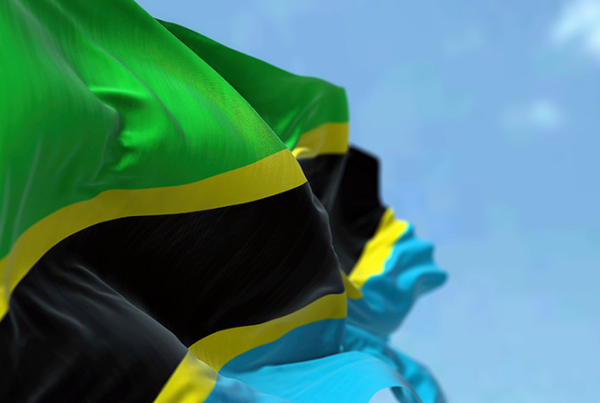Banjul, 11 May 2018: The African Court on Human and Peoples’ Rights (AfCHPR) today 11 May 2018 handed-down its judgment in favour of the complainants in “Application 046/2016 – APDF & IHRDA v. Republic of Mali”, case alleging inconsistency of certain provisions of the Malian Persons and Family Code with provisions of the Protocol to African Charter on Human and Peoples’ Rights on the Rights of Women in Africa (the Maputo Protocol).
The case was filed before the AfCHPR in July 2016 by the “Institute for Human Rights and Development in Africa” (IHRDA) and Malian partner “Association pour le Progrès et la Défense des Droits des Femmes” (APDF). It alleged that the Persons and Family Code promulgated on 30 December 2011 has several provisions that are against the standards of the Maputo Protocol ratified by Mali in 2005. The shortcomings of the said Code allowed for widespread violations against women, girls and children born out of wedlock, such as early and forced marriage for girls, disregard for their right to inheritance, and failure of the State in its obligation to eliminate traditional practices and attitudes that undermine the rights of women and children.
In its verdict pronounced in Arusha, Tanzania, the Court found the Malian Persons and Family Code inconsistent with the Maputo Protocol and other relevant treaties ratified by Mali, notably the African Charter on the Rights and Welfare of the Child and the UN Convention on the Elimination of all forms of Discrimination against Women. The Court has therefore urged Mali to revise its Code of Persons and the Family to align with its international obligations under the aforementioned legal instruments; to take measures to sensitize and educate the population on the provisions of these legal instruments, and to ensure that they are respected.
This is first case in which the African Court has made pronouncement on violation of the Maputo Protocol.
The plaintiffs have praised the judgment and are hopeful that it will make a significant difference in women’s rights jurisprudence in Africa. IHRDA Executive Director, Gaye Sowe, said, “It is important for States to take measures to domestic international treaties they adhere to. Today’s decision is very important not only for the promotion of women’s rights in Mali and Africa, but especially for the visibility and effective use of the Maputo Protocol which so far has been underutilized by women’s rights actors and stakeholders in Africa”.




